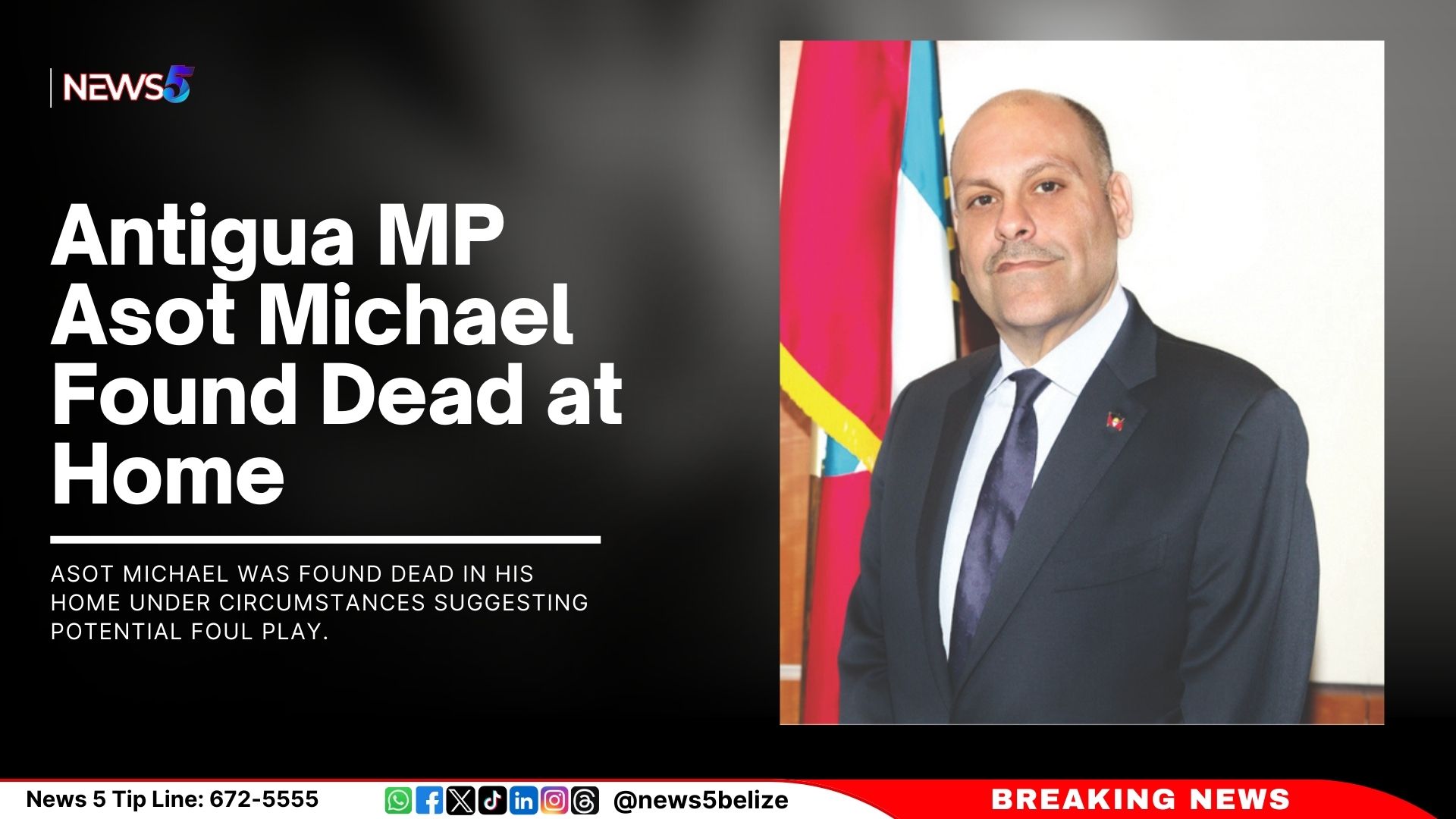During a visit to flood-stricken Valencia, Spain’s King Felipe VI and Queen Letizia faced a hostile crowd who threw mud and shouted accusations, calling them “murderers” and expressing “shame” at the government’s response. The protest erupted as the royal couple walked through Paiporta, one of the areas worst affected by the recent catastrophic floods.
Prime Minister Pedro Sánchez, who joined the royals, was also targeted by the crowd and was swiftly evacuated as tensions mounted. Some protesters even threw stones at Sánchez’s car as he left the scene.
The flooding, the deadliest in Spain in decades, has claimed over 200 lives, with emergency responders still searching underground areas for survivors and victims. Public outrage has grown amid criticisms of insufficient warnings and inadequate support from authorities.
In the heart of Paiporta, video footage captured King Felipe struggling through a narrow street surrounded by his security detail, who were quickly overwhelmed by protesters. The king attempted to engage with the crowd, reportedly even embracing some demonstrators, though objects continued to be thrown.
As the protest intensified, bodyguards shielded the royal family with umbrellas, but mud and debris still struck the king, queen, and members of their entourage.
King Felipe later addressed the public’s reaction in a video, stating he understood the “anger and frustration” of those affected.
Local politician Juan Bordera criticised the timing of the royal visit, calling it “a very bad decision” and noting that authorities ignored warnings leading up to the disaster. Sánchez, in response, has deployed an additional 10,000 troops, police, and civil guards to the area, acknowledging that the crisis response has faced “severe problems and shortages.”
The devastation began on Tuesday after days of relentless rainfall triggered flash floods, sweeping through towns, destroying infrastructure, and cutting off essential services.
